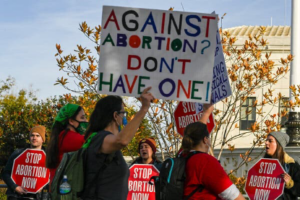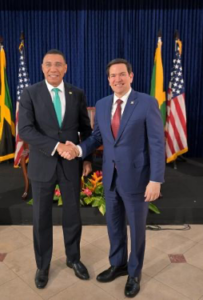Tech giants Meta, Amazon and Google have rolled back their DEI initiatives while Apple, Costco, Goldman Sachs and Cisco have reinforced their commitment to DEI. Some, like McDonalds, have renamed their DEI initiatives. For many, it is becoming difficult to justify the financial viability of these measures to shareholders.
Some CEOs have distanced themselves from DEI practices. At the end of last year, several businesses, including Walmart, Boeing, Lowe’s, and Ford Motor Co., began divesting from their diversity efforts, including commitments to stop participating in Pride parades and diversity surveys.
The Washington Post reported that Amazon removed several mentions of DEI, Black people, and LGBTQ+ people from its “Policy Positions” page. Elsewhere, McDonald’s announced that it would retire “Supply Chain’s Mutual Commitment to DEI pledge in favor of a more integrated discussion with suppliers about inclusion as it relates to business performance.”
Several labour rights organisations and advocacy groups have spoken out against Trump’s orders. Civil rights advocates say DEI efforts help uplift marginalised communities and address the continued effects of historical and generational inequity. The American Civil Liberties Union said DEI programmes are not discriminatory. “They are essential to creating environments where everyone has a chance to succeed and addressing persistent barriers for individuals to advance in their careers,” the ACLU told Reuters. The United Nations’ top human rights official, Volker Turk, said diversity was not a threat and should be treasured.






